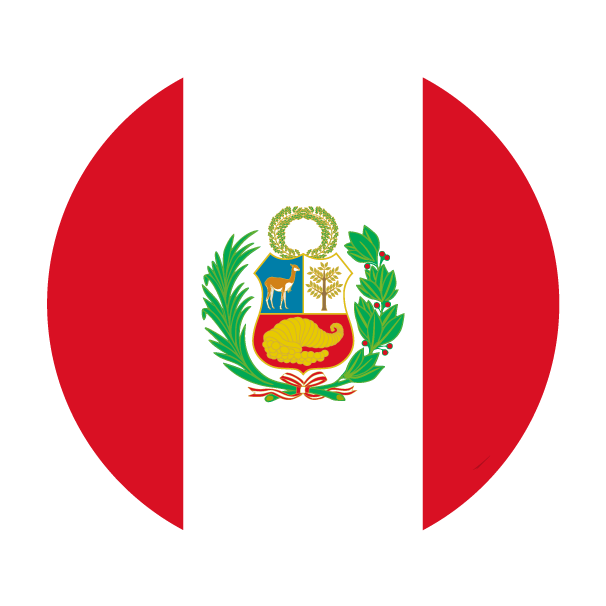Federal Reserve Chairman Jerome Powell reaffirmed that most members of the Open Market Committee anticipate future interest rate increases, given the persistent high inflation.
In addition, the Central Bank of England surprised the market with a 50bps increase in its interest rate, exceeding expectations of a 25bps, with the objective of controlling inflation in an environment of greater economic resilience, after the publication of May inflation at levels of 8.7% and core inflation of 7.1%.
Other central banks such as Switzerland and Sweden also announced increases in their interest rates, 25 and 50 basis points, respectively, as part of their tightening cycle. These measures show the commitment of central banks to address inflationary pressures and maintain economic stability.
Countries such as Canada and Australia also joined the increase cycle to deal with inflation, passing in the case of Canada, from rates of 1.5% to 4.75%. For Australia the increase was 400pbs in the last year, and today its rate is 4.10%
Latin American central banks position
Although the region’s monetary policy is at a time of greater maturity, compared to developed countries, central banks still hold a restrictive position.
In the case of Chile, the Central Bank decided to keep the Monetary Policy Rate at 11.25%, in line with market forecasts. However, two councillors voted in favour of reducing the rate by 50pbs, which represents a change from previous meetings.
The Central Bank noted that headline and core inflation have declined as expected and that upside risks have been balanced. The institution estimates that, if these trends continue, it will begin to reduce rates in the short term, depending on macroeconomic developments and their effects on inflation.
On the other hand, the Board of Governors of the Bank of Mexico (Banxico) maintained its interest rate at 11.25%, while the Central Bank of Brazil (BCB) also maintained its rate at 13.75%, despite the expectation of cuts for the month of August, given a more moderate inflation.
Thus, despite the fact that inflation has been ceding in the different countries of the region, “El Niño” phenomenon threatens with future disruptions on the supply side, so the banks that had considered cuts like Uruguay have reversed their position.














